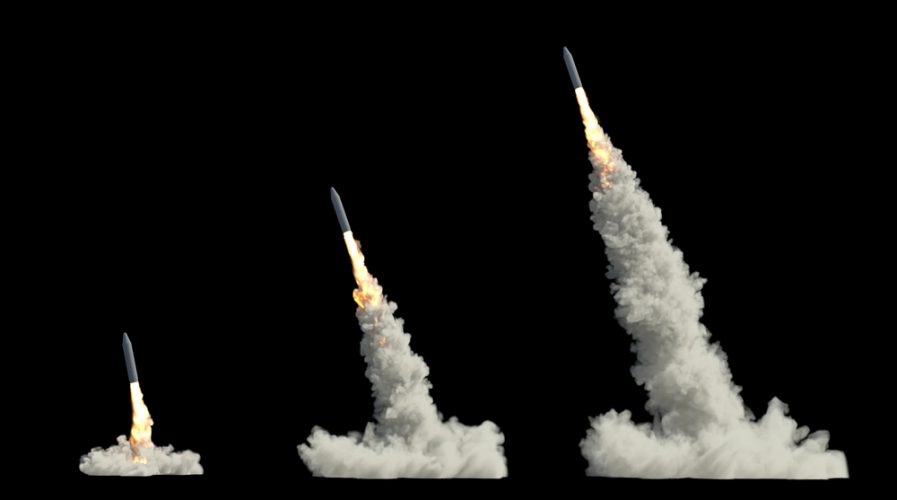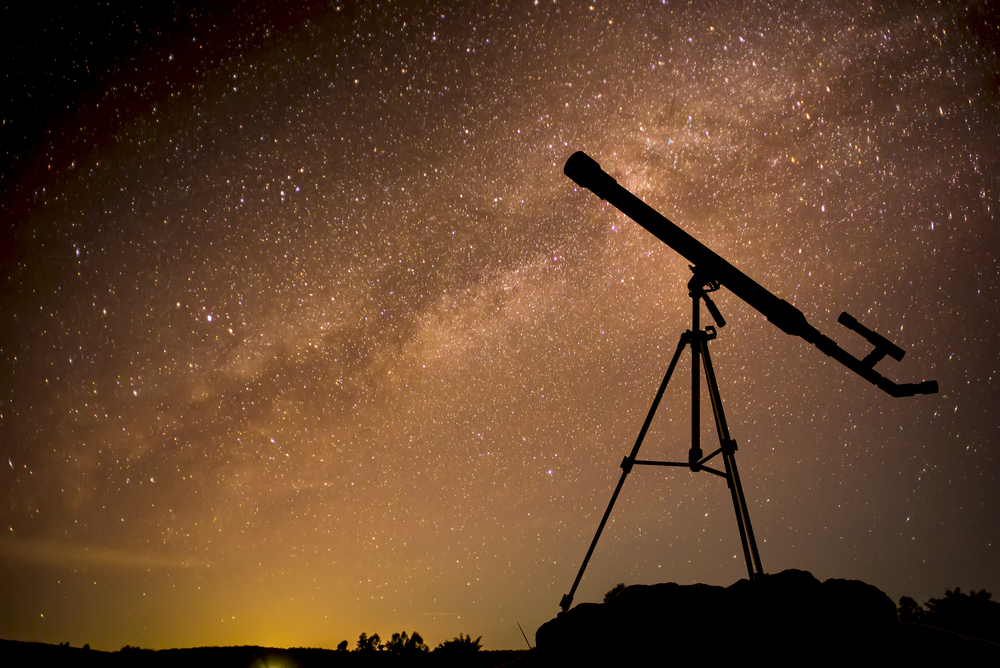
The Philippines’ journey towards becoming a space exploration hub will be gradual. Pic: Alexyz3d/Shutterstock
Reach for the skies: Will the Philippines be Asia’s next space exploration hub?
FILIPINOS are known for our worldwide presence as global workers and professionals, as well as our expertise in the business process outsourcing industries. But will space exploration be the next big industry for the Philippines?
Diaspora is perhaps one word that will describe the Philippine culture. With 10 million Filipinos working or living abroad – or around 10 percent of the country’s 107 million population – this country certainly has a presence across the globe. While remittances from Overseas Filipino Workers (OFWs) are a big driver of economic growth and development, so is the thriving business process outsourcing (BPO) industry here.
So far, in terms of BPO, a big proportion of the services outsourced to Philippine companies are in the administrative and customer service sectors. The local industry is not yet geared toward competing with China and India in terms of engineering and innovation.
This is about to change, however, with moves to establish the Philippines as Asia’s next hub for space technology.
SEE ALSO: Team Indus’ Sheelika Ravishankar: Becoming the first private Indian firm taking a moon shot
Creating jobs and building up the engineering profession

Pic: SFIO CRACHO/Shutterstock
In a press conference for the 23rd session of the Asia-Pacific Regional Space Agency Forum (APRSAF-25), a leading Filipino astrophysicist has put forth the idea that the Philippines has the capability to be the hub of space technology and applications in the region.
“We’re looking toward building our own space industry,” Dr. Rogel Mari D. Sese shared with the conference participants, reports Coconuts Manila. “We are a little bit behind. But if we do things right, we can take the lead in the Southeast Asian region.”
Dr. Sese is part of the APRSAF Space Environment Utilization Working Group, and is the focal person for the Philippine Space Science Education Program of the Department of Science and Technology-Science Education Institute (DOST-SEI).
Image of Philippines (10.95, 113.26) from the 4th of September, 2016 #ESA #EU #Philippines #Sentinel #space pic.twitter.com/tH3cKb6AKw
— SentinelBot (@sentinel_bot) November 28, 2016
He said that a space industry in the Philippines will be viable in raising job profiles for engineers and astrophysicists and related professions. He added that such an industry will also generate jobs for support personnel.
“It had been stated that we need around 800 aerospace engineers and scientists in the next 10 years,” he stated. “Studies have shown that for every one person that is directly involved in the space field, there are four other people who serve as support personnel.”
Space agency in the works

Pic: NikoNomad/Shutterstock
The country is actually gearing toward creating a national space agency, with lawmakers having filed bills with Congress – House Bill 3637 and Senate Bill 1211 – which aim to legislate a Philippine Space Development and Utilization Policy and create a Philippine Space Agency.
DOST Secretary Fortunato T. dela Peña stated that a space agency will impact national security and development, hazard mitigation, climate studies, space industry, education, and capacity building.
Establishing capability will come in several steps, however.
“The initial strategy is to send our scholars abroad,” de la Peña shared. “The best strategy is to institute some academic programs here in the Philippines and that might involve the invitation of some foreign experts to help us initialize some of these programs. But eventually, we hope that we will be able to train our own.”
SEE ALSO: WATCH: China complete world’s largest radio telescope for ‘extraterrestrial’ exploration
DOST-SEI has been working closely with the Japan Aerospace Exploration Agency for several space awareness programs for local schools, and it is working toward including space education in the country’s K-12 curriculum.
The Philippine government is allocating around PhP 1 billion (US$20.12 million) from 2017 to 2018, and then PhP 2 billion (US$ 40.24 million) onwards on an annual basis in its efforts to develop space capabilities.
The country has actually launched the first locally-designed and built satellite, the DIWATA-1, which was launched from the International Space Station in April this year.
The takeaway: a long view

Pic: Sunti/Shutterstock
In drafting legislation to establish a Philippine space agency, lawmakers and stakeholders are aiming to leverage technologies in improving a wide variety of capabilities, from weather imaging to telecommunications, and more.
“As a developing country and emerging economy, it is important for the Philippines to ensure its access to space for sustainable economic growth,” said Dr. Sese in an earlier interview with GMA News. “Independent access to space is no longer a luxury but rather a necessity even for developing countries such as ours.”
If and when this happens, the country can count space innovation as yet another one of its contributions to the global economy.
READ MORE
- Ethical AI: The renewed importance of safeguarding data and customer privacy in Generative AI applications
- How Japan balances AI-driven opportunities with cybersecurity needs
- Deploying SASE: Benchmarking your approach
- Insurance everywhere all at once: the digital transformation of the APAC insurance industry
- Google parent Alphabet eyes HubSpot: A potential acquisition shaping the future of CRM
